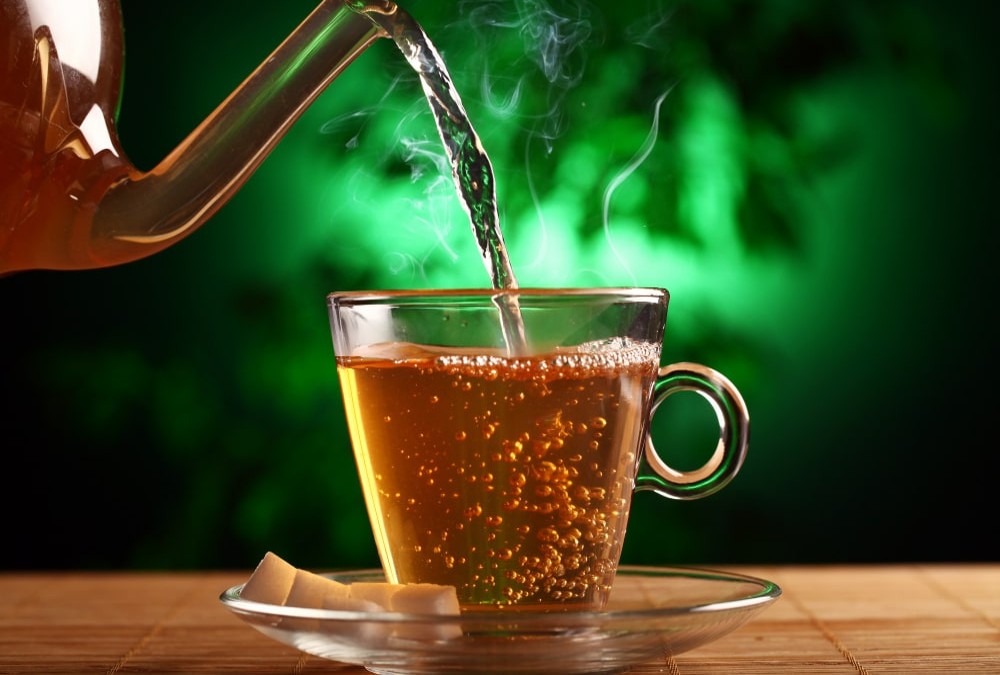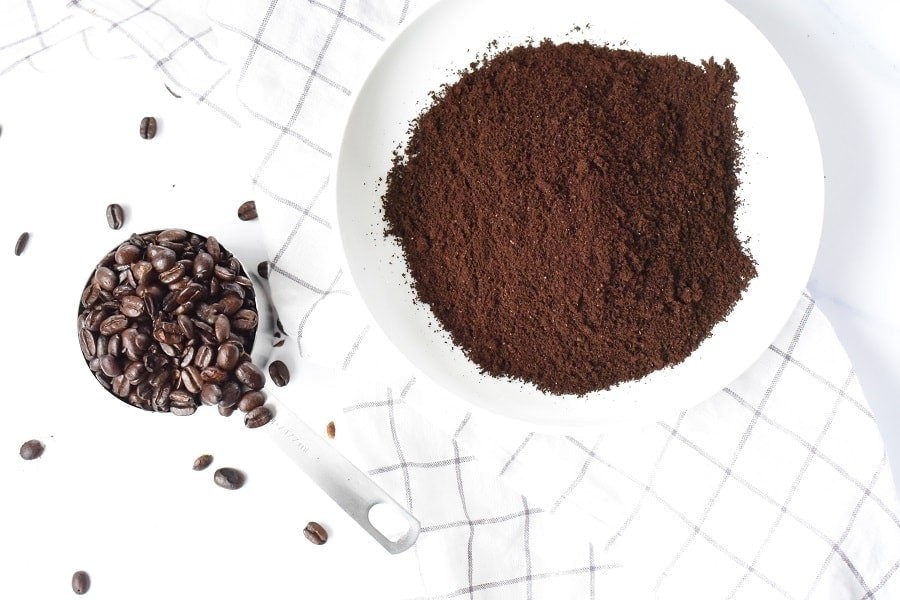Introduction
Karak tea, also known as masala chai, is a spiced tea that originated in the Indian subcontinent. But it has gained immense popularity in the Arab world. Karak tea is a cultural symbol of hospitality and togetherness that brings people together to bond over a warm cup of tea. In this article, we will explore the history, recipe, cultural significance, and health benefits of Karak tea.
We come into contact with a variety of cultures and traditions as the world gets more linked. Food and drink exchanges are one way we experience cultural interaction. The spicy tea known as Karak, commonly referred to as masala chai, has its roots in India but has become quite well-liked in the Arab world. Karak tea is more than simply a drink. It is a cultural representation of hospitality and camaraderie that enables people to connect over a hot cup of tea. We shall examine the background, preparation, cultural significance, and health advantages of Karak tea in this post.
The History of Karak Tea
Karak tea has its roots in India, where the British introduced tea in the 1800s. The tea was flavored by the Indians by adding their traditional spices, including cinnamon, ginger, and cardamom, to the mixture, which they termed masala chai. Masala tea swiftly gained popularity in neighboring nations like Pakistan, Bangladesh, and Nepal.
In the 1900s, Indian migrant workers brought their traditional masala chai recipe to the Arab world, where it gained immense popularity. The United Arab Emirates, Saudi Arabia, Qatar, and Bahrain are just a few of the Arab nations where Karak tea is now a common beverage.
The Recipe and Preparation of Karak Tea
Black tea leaves, milk, and a variety of spices are used to make karak tea, which is known for its distinctive flavor. The traditional spices used in Karak tea include cardamom, cinnamon, ginger, and cloves. However, variations of the Karak tea recipe exist that incorporate other spices, such as saffron, nutmeg, and star anise.
Black tea leaves are combined with spices and added to boiling water to make Karak tea. The tea is then combined with milk and sugar, and it is boiled for a further few minutes to completely warm the milk. After that, the tea is filtered and prepared for serving.
Karak Tea and Hospitality
Karak tea is a cultural symbol of hospitality in Arab culture. In Arab households, it is customary to serve Karak tea to guests as a gesture of warmth and hospitality. The preparation and serving of Karak tea are often seen as an art, and people take pride in their ability to create the perfect blend of spices and tea leaves.
In Arab culture, Karak tea is often served in small glass cups with handles. The cups are filled to the brim, symbolizing the generosity and hospitality of the host. The serving of Karak tea is often accompanied by dates, a traditional food in the Arab world, as a symbol of abundance and prosperity.
Karak Tea and Togetherness
Karak tea is not only a symbol of hospitality but also of togetherness. In Arab culture, Karak tea is often consumed in a social setting, where people come together to bond over a warm cup of tea. Karak tea gatherings are a common occurrence in the Arab world, where friends and family members come together to share stories and catch up.
The social and cultural importance of Karak tea gatherings cannot be overstated. They give people the chance to interact with one another, express their ideas, and make lifelong memories. In Arab culture, Karak tea gatherings are often seen as a way to strengthen social bonds and promote unity.
Health Benefits of Karak Tea
Apart from its cultural significance, Karak tea also offers numerous health benefits. Ginger and cardamom, two of the spices used in Karak tea, provide anti-inflammatory and digestive benefits. The antioxidant-rich black tea leaves used to make Karak tea can lower the chance of developing chronic diseases including cancer and heart disease.
Conclusion
In conclusion, Karak tea is more than just a beverage. It is a cultural symbol of hospitality and togetherness that brings people together to share warmth, stories, and memories. The history and preparation of Karak tea are steeped in tradition, and its cultural significance cannot be overstated. The health benefits of Karak tea are an added bonus, making it a healthier alternative to other tea types. So, the next time you are in the Arab world, make sure to try Karak tea. And experience the warmth and hospitality that it represents.




